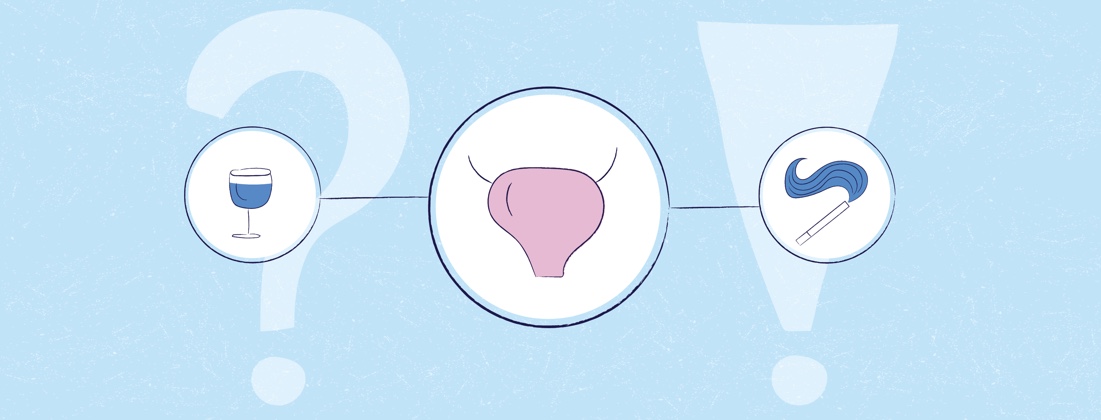Will Drinking Be the New Smoking?
We take it as a fact in 2019 that smoking is a significant cause of cancer. Evidence-based medicine has demonstrated this. The knowledge that smoking is risky and increases the likelihood of getting cancer has become widely accepted in our culture.
It wasn’t always like this.
When it was acceptable to smoke
As a child in the 1970s and in the workforce in the late 1980s and 1990s, I remember when it was acceptable to smoke in offices and waiting rooms. In many restaurants, you chose either the smoking or non-smoking section. That the world was like this so recently is probably hard for younger people to imagine.
In his book, The Emperor of All Maladies, Siddartha Mukherjee, told the story of how it took a surprisingly long time for the association between lung cancer and smoking to be recognized by the oncology profession. He described how, in 1948, medical student Ernst Wynder could clearly see what lung cancer surgeons could no longer see simply because they had seen so many similar cases. Mukherjee describes a surgery on a relatively young patient whose lungs were full of cancer and associated damage from smoking:
"The link was virtually staring him in the face"
“The surgeon who was operating on the case made no point of it. (As with most surgeons, the association had likely become invisible to him.) But for Wynder who had never encountered such a case before, the image of cancer growing out of that soot-stained lung was indelible; the link was virtually staring him in the face.”
This direct evidence, along with numerous studies that were easy to reproduce (a requirement of well-established scientific findings), firmly established a causal link between smoking and lung cancer. (It took much longer for the government and the tobacco industry to publicly acknowledge the link.)
What if alcohol is also a cause of cancer?
I can’t help but wonder if we aren’t now on the cusp of a similar trajectory with regard to alcohol and cancer.
What if drinking—wine, beer, spirits—ubiquitous in our culture today is also a cause of cancer? Science has proven a definite link between alcohol and certain cancers. The link is solid enough that the American Society of Clinical Oncologists (ASCO) issued a statement on drinking and cancer in November 2017:
“Alcohol use—whether light, moderate, or heavy—is linked with increasing the risk of several leading cancers, including those of the breast, colon, esophagus, and head and neck…”
"Alcohol as a definite risk factor for cancer"
It went on to say: “In a statement released today identifying alcohol as a definite risk factor for cancer, ASCO cites between 5-6% of new cancers and cancer deaths globally as directly attributable to alcohol. This is particularly concerning since 70% of Americans do not recognize drinking alcohol as a risk factor for cancer, according to the National Cancer Opinion Survey, conducted by ASCO earlier this year.”
No direct link to bladder cancer was specified but I wonder if this is simply because this question hasn’t yet been researched specific to bladder cancer.
Disheartening news for many
This is certainly disheartening news on many levels. I live part of the year in Northern California near picturesque wineries that are a joy to visit and it is fun to learn about winemaking. I am half Italian and my grandfather made wine in his cellar. Wine has been with humans for centuries.
It is hard to imagine people ever disliking wine (or other drinks) as significantly as many now find smoking to be a repulsive habit. But it was probably hard to imagine our 2019 attitude towards smoking when it was so popular in the 1950s.
And yet, even though ASCO issued that 2017 statement regarding the link between certain cancers and alcohol, the 2019 ASCO-GU conference in San Francisco featured cocktail and wine hours as so many oncology conferences do. It’s likely that pulmonary conferences in the mid-20th century offered ample opportunities for smoking.
As the Emperor of All Maladies highlighted, the causal link between smoking and cancer took decades to gain wide acceptance.
I can’t help but wonder how our understanding of the link between alcohol and cancer will evolve in the coming years.

Join the conversation